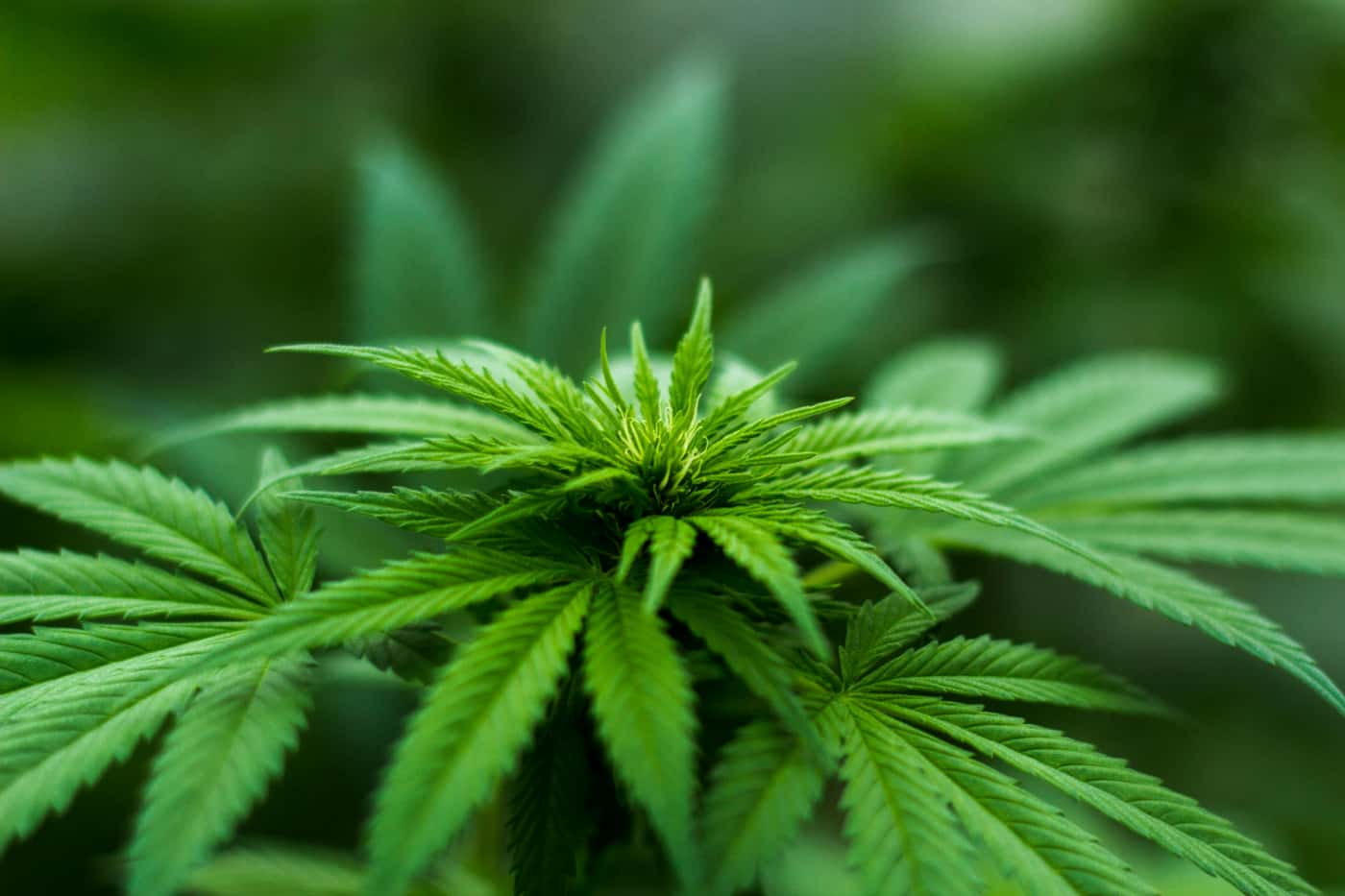It is pretty difficult to miss these days. You might be at the beach, at a concert, at the movie theater—even the voting booths have reminders: marijuana is amongst us. And it gets even more complex. You have the CBD strain in stores at the mall or being talked about by your aunt Martha. How it is helping her sleep and keeping her Welsh Corgi from barking at the Amazon delivery man. “Is CBD marijuana?” you ask her. And she might not know it, but the answer is yes. And no. Many people have heard of these things, but they don’t know the difference between CBD and THC.
Why does it matter? Because the differences between CBD (cannabidiol) and THC (tetrahydrocannabinol) will have specific effects on those looking for medical relief. It also makes a difference for people who may struggle with addiction to marijuana.
Rise in Popularity
As cannabis becomes more widely accepted for medical and recreational use, it’s essential to separate the buzzwords from the biology. What are these compounds really doing in our bodies, and how can we use them safely?

The Scientific Difference Between CBD and THC
First off, what is a cannabinoid? Well, it is a naturally occurring chemical compound found in cannabis, otherwise known as a marijuana plant. Both CBD and THC affect humans (and animals) when we smoke or eat or otherwise ingest them. And they are both found in the marijuana plant, but they do not do the same thing to us.
They are like siblings with different personalities. Here’s the short breakdown:
CBD (Cannabidiol): It does not get you intoxicated (or high). It interacts with your body’s system, regulating pain, mood, or sleep. Many people use CBD specifically to sleep better, relieve pain, or get out of a funk. It is not addictive.
THC (Tetrahydrocannabinol): This is the compound that is present in a marijuana joint or edibles. It binds to the CB1 receptors in the brain and gives a euphoric feeling. It can also have pain-relieving effects and other potentially beneficial medical uses. It is addictive.
Quick Comparison:
| Feature | CBD | THC |
| Psychoactive? | No | Yes |
| Addictive Potential | No | Yes |
| Common Uses | Pain, anxiety, seizures | Pain, nausea, appetite |
| Legal Status | Widely legal (hemp-based) | Varies (recreational/medical) |
Is THC Addictive?
It is popular for people who regularly use marijuana recreationally to state it is not addictive. But this is a myth. About 10% of cannabis users develop a marijuana use disorder (source). This number increases for those who begin using in adolescence.
It is about the brain’s reward system. In fact, this system is one of the primary players in just about any addiction. Your brain rewards THC intake with a hit of dopamine. This is the “happy chemical.” Over time, your brain, with its incredible capacity for plasticity, gets rewired. You crave THC for the dopamine surge, much like other addictive substances.
The CBD difference
CBD, however, is different. As said before, CBD does not bind to CB1 receptors in the brain. There is not a hit of dopamine when a person ingests CBD. This is the primary reason there are no dependency concerns, and most consider it safe for short-term and long-term therapeutic use.
Is THC All Bad?
No. What we refer to as marijuana (despite being addictive) can have medical benefits. There is a difference between CBD and THC in their medical applications. But each has them.
Medical Uses of CBD vs THC
CBD:
-
- Reduces seizures in epilepsy (FDA-approved Epidiolex).
- Helps manage anxiety and depression.
- Provides anti-inflammatory relief for chronic pain.
- Aids in improving sleep quality.
THC:
-
- Alleviates nausea and vomiting, especially from chemotherapy.
- Stimulates appetite for individuals with conditions like HIV/AIDS.
- Offers pain relief for chronic conditions.
- Reduces muscle spasms in conditions like multiple sclerosis.
Choosing What’s Right for You
Before we go any further, the point is not to vilify anything. That said, at EagleCrest Recovery Addiction Treatment Center in Benton County, Arkansas, we see people struggling with marijuana use disorder all the time. It might even be part of a polysubstance addiction. If you feel like you or a loved one are in danger of marijuana addiction, please call us today. We can help create a specified plan that can help. But our point is to help you understand the difference between CBD and THC.
It’s about informed decisions and understanding risks and benefits. The warning that THC can have a place in managing acute medical symptoms it also comes with a definite risk of misuse.
Knowing what’s right for your body ensures you gain the benefits while minimizing risks. After all, cannabis should be a tool for healing, not a stumbling block. If you want to know more about marijuana addiction or get help with any substance use disorder, please call us today: 844-439-7627.


